
Today’s guest post is from my dear friend Claire Yates. She is a nutritional medicine practitioner, holding a Bachelor of Health Science, who is passionate about whole foods nutrition, health and having fun! She is the author of Optimal Health The Paleo Way.
The silly season is upon us! I am not about to tell you what you can and can’t do. You are a big kid – you can figure that one out for yourself! So rather than tell you that you should not be drinking to excess over the silly season, I am going to give you a little run down on what happens when you have a hangover and what you can do from a ‘food’ point of view to perhaps better manage the morning after.
The easiest way of knowing how you can support your body in ‘processing’ the drink or two you had last night is to understand how your body eliminates the alcohol.
Alcohol is eliminated from the body by various metabolic mechanisms (including the stomach), but it is primarily ‘processed’ through the liver. The main enzymes involved are aldehyde dehydrogenase (ALDH), alcohol dehydrogenase (ADH), cytochrome P450 (CYP2E1), and catalase.
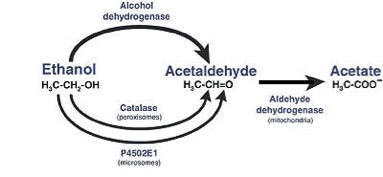
Variations in the genes for these enzymes however, have been found to influence how much alcohol an individual may consume, related tissue damage and even alcohol dependence.
When alcohol is broken down in the liver by the enzyme (ADH), the product produced is acetaldehyde. This then gets broken down by another enzyme (ALDH), along with glutathione (antioxidant) to form the non-toxic substance acetate. When all is going to plan and your liver and these enzymes are working well, the toxic acetaldehyde is only around for a short period of time. But if you flood your body with alcohol, the livers glutathione and ALDH cannot keep up and you end up with vomiting and headaches.
It is also worth noting that in order for ADH to do its thing, it needs vitamin B3 and zinc; and in order for ALDH to do its thing, it also needs vitamin B3. Ethanol metabolism also produces reactive oxygen species (ROS) and decreases antioxidants – so double whammy! You need a LOT of antioxidants after drinking.
When acetaldehyde is left to its own devices, it interacts with certain amino acids forming adducts, which can have a flow on effect and contribute to liver damage, and impact immune functioning, haemoglobin and collagen. It can also form adducts with biogenic amines which include neurotransmitters such as serotonin and dopamine. (Zakhari, 2006)
Further to this, we know that alcohol is a gut irritant and promotes the secretion of hydrochloric acid which can also lead to the body wanting to vomit, suffer from aching and diarrhoea.
So now we have a very basic understanding of what happens when alcohol is processed in the body we can have a look at what can help you reduce that ‘worse for wear’ feeling – if you happen to indulge in a drink over this festive season.
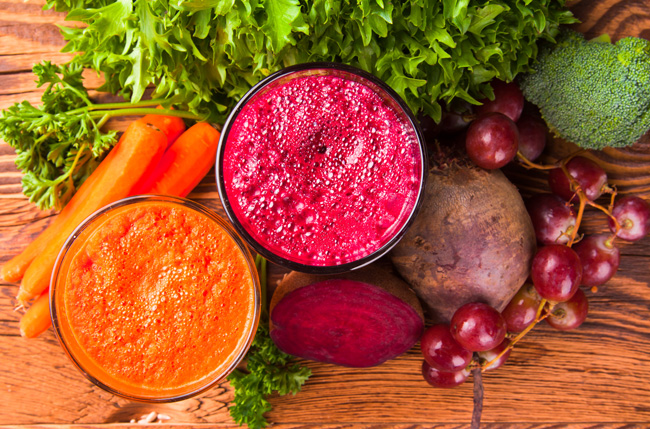
Love Your Liver
You can see how important the liver is in helping process and eliminate alcohol from the system, so you need to support this.
Antioxidants
Your liver loves antioxidants and when you are demanding a lot of your liver – you need even more! Make sure you are eating a rainbow of colours with every plate of food you have. Have plenty green juices, bright coloured berries and lots of carrots and tomatoes.
B Vitamins
B vitamins are needed for efficient phase I of your liver detox pathway. You want to be thinking about getting a lot of greens like asparagus and broccoli in your diet. Also add plenty avocados, meats and lots of seafood. If you’re in Australia, and it’s hot, maybe think about a cold seafood platter or some guacamole.
Sulphur
Sulphur rich foods such as onions, garlic, cauliflower, egg yolks, broccoli, kale, brussels sprouts – all help with phase II liver clearance. Bacon and eggs anyone?
D-Glucarate
D-Glucarate is found in vegetables and fruits but in is in the highest concentrations in cruciferous vegetables (broccoli, cabbage, kale etc.), oranges, apples and grapefruit. It is beneficial in assisting phase II detoxification in the liver. Juice, juice juice. Make yourself a green vegetable, lemon and apple juice. Adding some banana or coconut water to your juice or smoothie also helps to replace lost electrolytes.
Water
Water is an essential component in detoxifying, clearing toxins from your body and alcohol dehydrates the body. Don’t forget the age old trick of one for one (one alcoholic drink followed by one glass of water) works a treat!
Please also note that your liver metabolises medications, so never make any changes to your diet until you have spoken with your primary health care professional. Speeding up your liver clearance can impact these medications.
Improve Your Antioxidant Status
Aim for eating lots of antioxidant rich foods over this festive season. Think ‘colours of the rainbow’ as we mentioned above and you will have them covered.
Special mention goes to:
Vitamin C
Found in citrus fruits, sweet potato, parsley and strawberries. Green vegetables such as kale, broccoli and spinach, so again a juice or a smoothie is a great option to get nutrients into you quick! Rosehip also is a great source – so maybe a rosehip tea.
Vitamin E
Food sources of vitamin E include almonds, apricot oil, avocados, sunflower seeds, eggs and beef. Greens such as spinach and asparagus are also excellent sources (hint hint – green smoothie again!) Vitamin E is also great for reducing inflammation.
Selenium
Foods that are sources for selenium include: broccoli, Brazil nuts, kidney and liver, onions and fish. Maybe try having a kidney or liver pate ready to go to snack on the next day? Or try this liver with caramelised onions and grapes recipe.
Reduce Gut Inflammation
Alcohol does irritate the gut and is not particularly good for someone with issues such as leaky gut or inflammatory gut conditions.
To help reduce inflammation in the gut, try to include some of these foods:
EPA/DHA
Oily, cold-water fish such as tuna, sardines, anchovies, salmon, cod and also algae. These guys should be your go-to powerhouses when it comes to EPA/DHA.
Spices such as basil, parsley, marjoram and tarragon.
Turmeric
Turmeric is a well-studied anti-inflammatory agent. The anti-inflammatory properties of curcumin (active ingredient in turmeric) mean it is fantastic for aiding in reducing inflammation in gut related issues. The easiest way to use it is have some fresh turmeric on hand to juice into your favourite green juice combo. Try something like a warm and soothing turmeric tea, or add some turmeric to a grilled chicken salad.
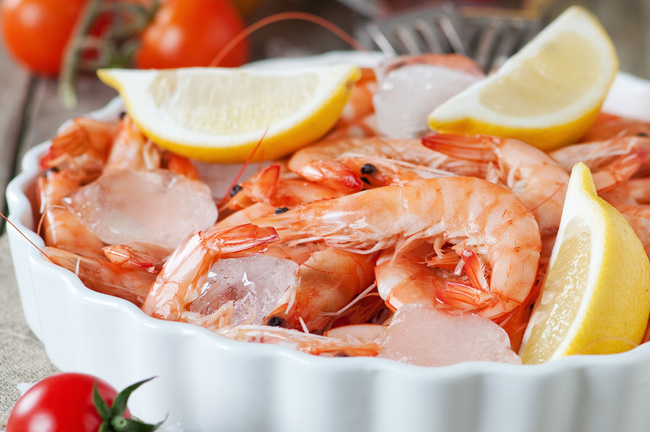
Enzyme Nutrients
Remember we said at the start of the piece that the enzymes that metabolise alcohol (ADH & ALDH) are reliant on in particular vitamin B3 and zinc – well you got to make sure you get enough of them!
Vitamin B3
Vitamin B3 is found in meats, seafood (particularly mackerel and salmon) and sunflower seeds.
Zinc
Your best sources of zinc include beef, eggs, liver, oysters, seafood, and seeds such as pumpkin and sunflower seeds. Don’t forget that it is super easy to add seeds to a smoothie and you won’t even know they are in there!
So what would be my top tips as a nutritionist over this festive season when it comes to alcohol?
- Follow the tips from above and eat a rainbow, have green juices, seafood platters and pate ready to go! Make sure you are getting good B3 and zinc-containing foods in your diet.
- I personally love the one-for-one rule. Make sure you are having enough water.
- Stick to ‘clean’ spirits (tequila or vodka) so you are not consuming unnecessary calories through sugar-laden pre-mixed drinks or accidentally consuming gluten through drinking beer if you are trying to avoid gluten.
- Consuming a meal (particularly one containing good fats) before drinking will help to slow down the absorption of alcohol into the bloodstream, which gives your body some more time to process the byproducts.
- Start the new day with the biggest green juice (or smoothie) that also has some lemon, orange, and coconut water – all the good stuff!
- You lose electrolytes from drinking – help replace them through eating bananas or drinking coconut water.
Enjoy the festive season 🙂
Claire
References
Zakhari, S, 2006, Overview: How is Alcohol Metabolized by the Body?, Alcohol Research and Health, Vol 29, No.4


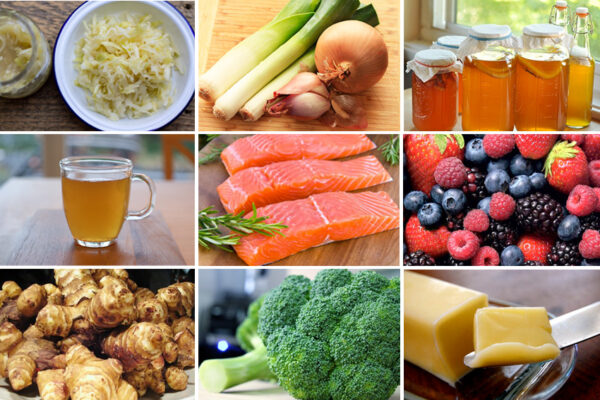
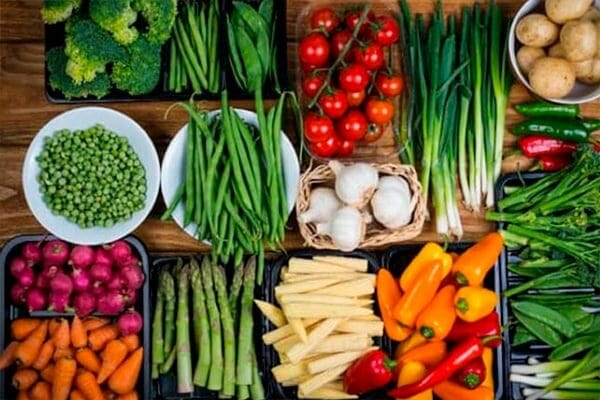
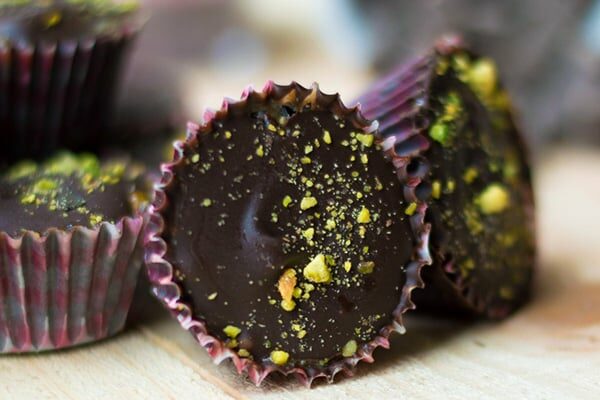
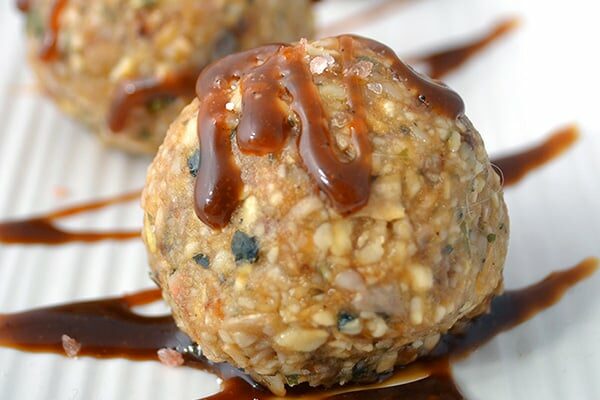
I found this information Very good! !
Hi, love the ideas. Just wanted to share some knowledge, Turmeric has been scientifically proven to only be fully absorbed by the body and all its potent benefits when cooked in fat, a more traditional use. Hope this is or use to other readers.
Very easy cure: Revive! Spriet or 7up may also work